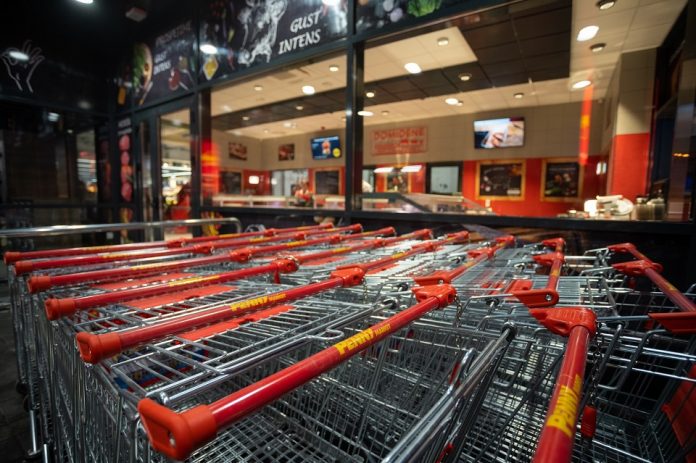PENNY Romania launched its sustainability report for 2021. The report reflects the company’s activity and analyzes the environmental, economic and social impact it generates.
The report was made according to the GRI Standards methodology, developed by the Global Reporting Initiative, the best-known sustainability reporting standard. The steps included in this document are in line with the organization’s sustainable development strategy and also follow the 3 pillars that define sustainability within PENNY:
- Sustainable assortment,
- Energy, climate and resources,
- Employees and society, each activity being detailed with specific measures, results and objectives.
“The launch of the fifth sustainability report represents a successful year. 2021 was about growth across all segments of our business. The report includes all the results of our work, the measures we have taken and what we plan to improve, as well as the company’s sustainable development goals. Sustainability is one of the cornerstones of our way of doing business. Our measures and initiatives are not just indicators, but concrete facts for a better future, because the future is made today,” said Daniel Gross, CEO of PENNY Romania.
The main results presented in the fifth PENNY Romania sustainability report are:
Sustainable assortment
• 86.24% of the total turnover comes from local suppliers
• 86.31% of suppliers are from Romania
• 48% of the shops are provided with butchers
• 24 items Ecological Private Brand – “My Bio”
• 17 items in the first private plant-based diet brand – “Food for Future”
Energy, climate and resources
• 2.5% decrease in specific electricity consumption
• 2,957 MWh green energy produced internally with 52 photovoltaic panel systems
• 301 stores monitored online
• 0 own stores heated on the basis of fossil fuels
• 2 BREEAM Outstanding certifications
• 21 charging stations for electric cars
Employees and society
• 5,815 employees
• 106,708 hours of training
• 89% internal promotion rate
• 56% women in management positions
• 320,000 euros support for NGOs
• 82.5 tons of surplus food donations




